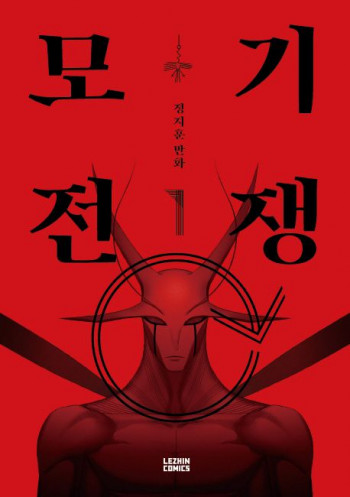Martial Peak Reviews
Lilo Quie's Lost and Pound is a captivating blend of romance, suspense, and the exploration of identity within the framework of a shifter universe. The novel deftly intertwines the themes of freedom, belonging, and the transformative power of love, making it a compelling read for fans of the genre.
At the heart of the story is Nico, an omega wolf shifter, who is on the run from a life he never chose. The blurb sets the stage for a high-stakes escape narrative, where Nico's desperation to evade an unwanted mating with an old alpha leads him to a precarious situation—being captured and slated for euthanasia in a county pound. This scenario is not only a literal representation of Nico's entrapment but also a metaphor for the societal constraints and expectations placed upon him. The author skillfully uses this setup to explore the broader theme of autonomy and the struggle for self-determination.
Enter Shilo, an alpha wolf with a heart as big as his pack. Shilo's introduction into the story is both serendipitous and pivotal. His character is a refreshing take on the alpha archetype—sociable, compassionate, and driven by a sense of community rather than dominance. When Shilo stumbles upon Nico in the pound, the narrative takes a turn towards a rescue romance, a trope that Quie handles with both sensitivity and depth.
The relationship between Nico and Shilo is the emotional core of the novel. Quie excels in developing their bond, moving beyond the superficial attraction to delve into the complexities of trust and vulnerability. Nico's initial wariness is palpable, a testament to the trauma of his past experiences. However, Shilo's unwavering kindness and patience gradually break down these barriers, allowing Nico to envision a future where he is valued and cherished. This progression is beautifully rendered, with Quie capturing the nuances of their evolving dynamic with a deft hand.
One of the standout aspects of Lost and Pound is its exploration of pack dynamics and the concept of chosen family. Shilo's pack is portrayed as a haven of acceptance and support, contrasting sharply with the oppressive environment Nico fled from. This dichotomy underscores the novel's message about the importance of finding one's tribe and the healing power of unconditional love. Quie's portrayal of pack life is rich and immersive, providing a backdrop that enhances the personal journeys of the protagonists.
In terms of pacing, the novel strikes a balance between tension and tenderness. The initial chapters are fraught with urgency as Nico's flight from his past unfolds. This momentum is maintained throughout the narrative, with moments of introspection and romance interspersed to provide emotional depth. Quie's writing is both engaging and evocative, drawing readers into the world she has crafted with vivid descriptions and a keen attention to detail.
Comparatively, Lost and Pound shares thematic similarities with other shifter romances, such as Ann-Katrin Byrde's Omega's Destiny and Aiden Bates' Omega's Heart. However, Quie's novel distinguishes itself through its focus on the intersection of personal freedom and communal belonging. While many shifter romances emphasize the fated mate trope, Quie subverts this by highlighting the agency of her characters in choosing their paths and partners.
Overall, Lost and Pound is a poignant and heartwarming tale that will resonate with readers who appreciate stories of resilience and redemption. Lilo Quie has crafted a narrative that is both entertaining and thought-provoking, offering a fresh perspective on the shifter genre. The novel's exploration of identity, love, and the courage to defy societal norms is both timely and timeless, making it a standout addition to any romance reader's collection.
For those interested in exploring a world where love transcends boundaries and the bonds of chosen family offer solace and strength, Lost and Pound is a must-read. Its blend of romance, adventure, and emotional depth ensures that it will leave a lasting impact on its audience.























Reviews 0
Post a Reviews: